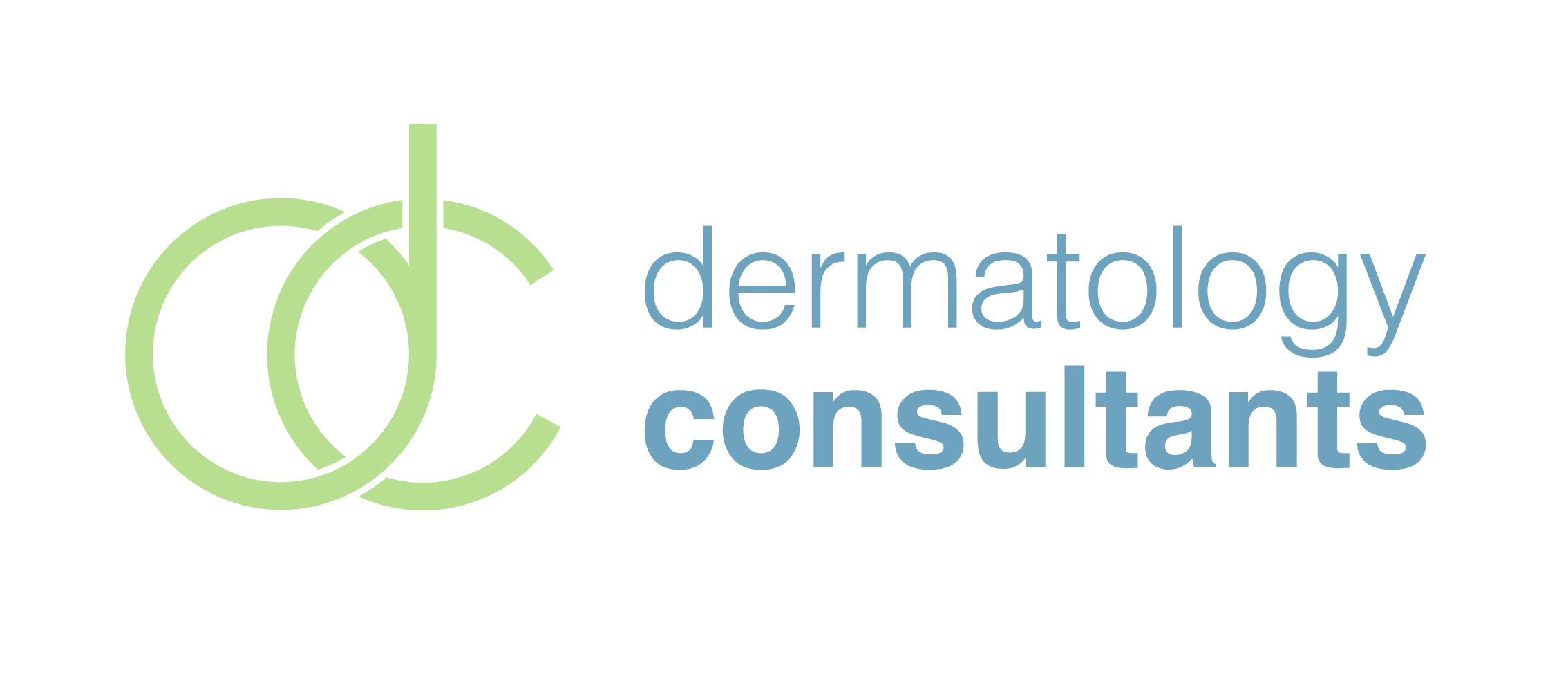What is Involved in Eczema Treatments?
If your or your child’s eczema isn’t controlled by using mild, natural soaps and moisturizers and taking short, warm showers as opposed to hot showers or baths that can inflame this chronic skin condition, a physician can create a plan for eczema treatment, tailored to you or to your child, taking into account the severity of your eczema condition, whether you’re in a flare-up stage, and where your eczema symptoms are located.
Your doctor might prescribe any of the following medications:
- Hydrocortisone cream. Over-the-counter hydrocortisone cream may help mild cases of eczema, and your dermatologist can prescribe steroid cream for more severe eczema conditions.
- Antihistamines. Oral antihistamines such as Benadryl are available over-the-counter in several different formulations and strengths, but be aware that some antihistamines can cause drowsiness or other side effects that can either be a hindrance to daytime responsibilities…or it can be a help if itching is a problem during the night.
- Corticosteroids. If these first initial treatments fail, or if your doctor opts to go right to this medication, prescribed oral corticosteroids taken precisely in the dosage your doctor advises, can help alleviate eczema flare-ups or conditions. These can be taken only in the short-term for safety. These creams can ease scaling and itching, but pay attention to potential side effects from even over-the-counter low-dose creams.
- Antibiotics. If scratching has led to an infected wound, antibiotics may be needed to treat open sores or fissures. They also may be prescribed for longer durations to help reduced skin bacterias.
- Immunosupressants. In extreme conditions, your doctor may prescribe medications that suppress the immune system, like cyclosporine, azathioprine, or methotrexate. Since these are serious medications, your doctor’s instructions must be followed to the letter.
- Immunomodulators. These newer medicated creams help treat eczema by controlling inflammation and reducing the immune system reactions. The FDA has issues warnings that medications such as Elidel and Protopic are to be used only short-term when everything else has has failed, and are never to be given to children younger than two years of age, since they can cause serious complications and increase risk of additional illnesses. So never give children a medication that has been prescribed for you, say, thinking it will work for them. The same applies to any prescription medication, and of course you know to check with your child’s doctors or pharmacist about the safety of any medication given to children. As a parent, you want to alleviate your child’s suffering, but you must check with medical professionals, even for over-the-counter medications you’re thinking of giving your child.
Another treatment your doctor may suggest is ultraviolet light therapy, which exposes the skin to controlled amounts of natural sunlight. Or, your doctor might opt to use phototherapy to expose severely-affected skin to artificial ultraviolet A (UVA) or ultraviolet B (UVB) light, including the more recently available narrow band ultraviolet B (NBUVB) either alone or with medications.
Light therapy can bring relief to eczema sufferers, but it’s not for long-term use, as your doctor will know. Too much exposure to UV lights can cause skin cancer, premature skin aging and other negative skin conditions.
For babies, medication or using lubricating skin cleansers or lotions can bring relief, always under a doctor’s care.
Your caring doctor will bring multiple suggestions to the table, since he or she will always want to help alleviate your or your child’s discomfort caused by eczema, so work in tandem with your physician, asking questions and communicating well about what’s working and what’s not working to calm the eczema situation you face.





